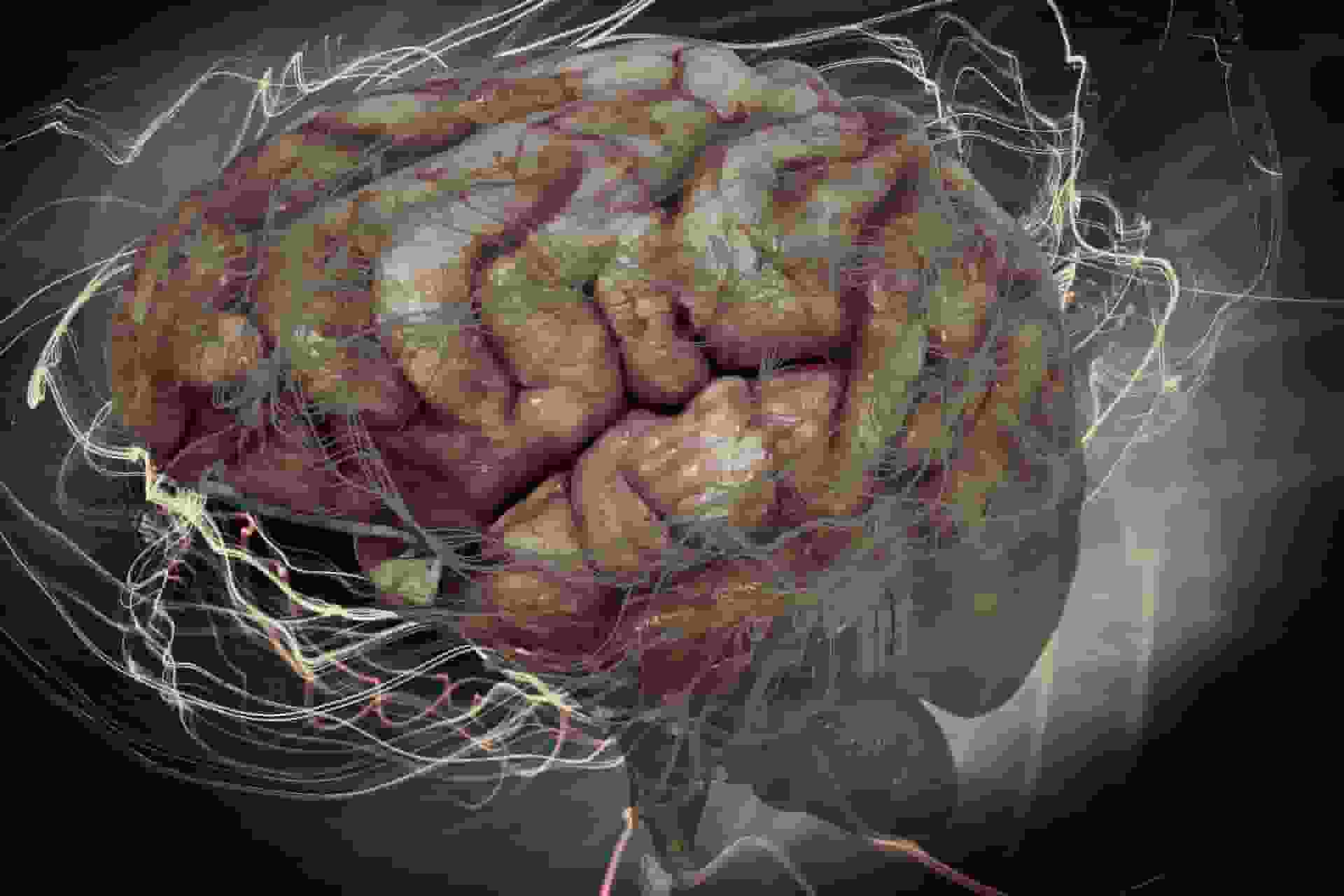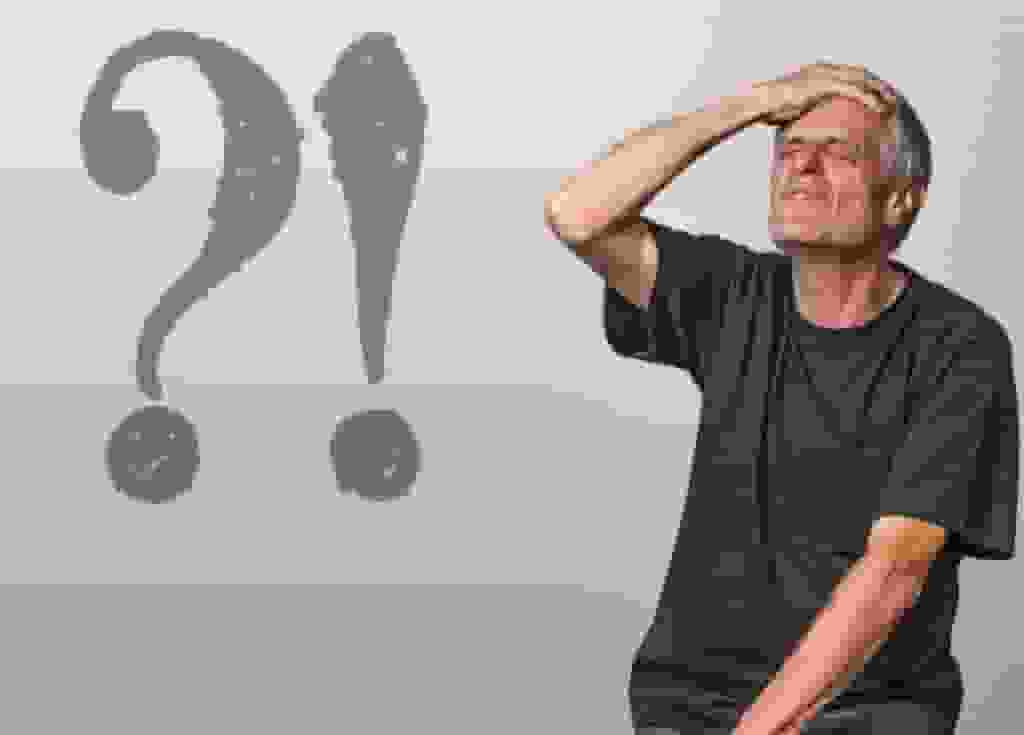
Using optogenetic methods and the human-approved asthma medicine roflumilast, a scientist identified a way to restore access to this “hidden information” days after researching while sleep-deprived.
Sometimes students stay up all night studying for a test. But studies have shown that sleep deprivation harms your memory.
Asthma Medicine Can Bring Memory Back
Neuroscientist Robbert Havekes from the University of Groningen has now found that learning while sleep-deprived does not inevitably result in memory loss; rather, it is more difficult to recall.
Using optogenetic techniques and the human-approved asthma medicine roflumilast, he and his team have discovered a means to make this “hidden knowledge” accessible once more days after studying while sleep-deprived.
The journal Current Biology released these findings on December 27.
Havekes, an associate professor of the neuroscience of memory and sleep at the University of Groningen in the Netherlands, and his group has researched how memory functions are impacted by sleep deprivation in great detail.
According to Havekes, “We previously worked on discovering strategies to support memory processes during a sleep deprivation episode.” But in his most recent research, his team looked at whether amnesia brought on by lack of sleep was a direct result of information loss or merely brought on by issues retrieving information.
Sleep deprivation impairs memory functions, but every student is aware that questions they had trouble answering during an exam can come again hours later. In that instance, the knowledge was indeed retained in the brain, it was only challenging to access.
Read More: Premature deaths can be lessen with variety of healthy eating patterns
Hippocampus

Havekes and his team employed an optogenetic strategy to answer this question. They genetically engineered a light-sensitive protein (channelrhodopsin) to be produced only in the neurons that light up during a learning session. By placing the light on these cells, it was feasible to recollect a specific experience.
According to Havekes, ‘In our sleep deprivation studies, we applied this approach to neurons in the hippocampus, the area in the brain where spatial information and factual knowledge are stored’.
First, a spatial learning test requiring the genetically modified mice to memorize the locations of certain items was shown to them. This task mainly relies on neurons in the hippocampus. Days later, the mice had to do the same job again, but this time one object had been moved to a different location. The mice that were sleep deprived for a few hours before the first session failed to notice this change in space, which may indicate that they are unable to remember where the initial item locations were.
‘However, when we reintroduced them to the task after reactivating the hippocampal neurons that initially stored this information with light, they did successfully remember the original locations’, says Havekes.
Memory Issues
The medication roflumilast, which is taken by people with asthma or COPD, also targets the biochemical pathway triggered during the reactivation.
These discoveries bring up opportunities to explore if roflumilast can be used to give individuals access to “lost” memories as it is already clinically licensed for use in humans and is known to penetrate the brain.
The realization that the brain contains more information than we had previously believed and that these ‘buried’ memories can be reactivated, at least in mice, throws up a world of intriguing possibilities.
When a subject attempts to “relive” a memory or review material for an exam while having their neurons activated by the drug, the subject’s information may become more firmly consolidated in the brain.‘For now, this is all speculation of course, but time will tell.’
Additionally, after training and sleep deprivation, the combination of optogenetic DG memory engram activation and roflumilast therapy rendered the memory more permanently accessible for retrieval even days later (i.e., without further optogenetic or pharmacological manipulation).
Overall, our findings in mice show that sleep deprivation does not necessarily result in memory loss, but rather causes information to be stored inadequately, making it unable to recall it without the assistance of medication or optogenetic stimulation.
Furthermore, the results imply that roflumilast, a therapeutically authorized PDE4 inhibitor, can restore access to object-location memories that were supposed to have been lost after being consolidated under sleep deprivation settings.
Read more: COVID-19 vaccine: More US citizens accept vaccinations than other Western democracies

